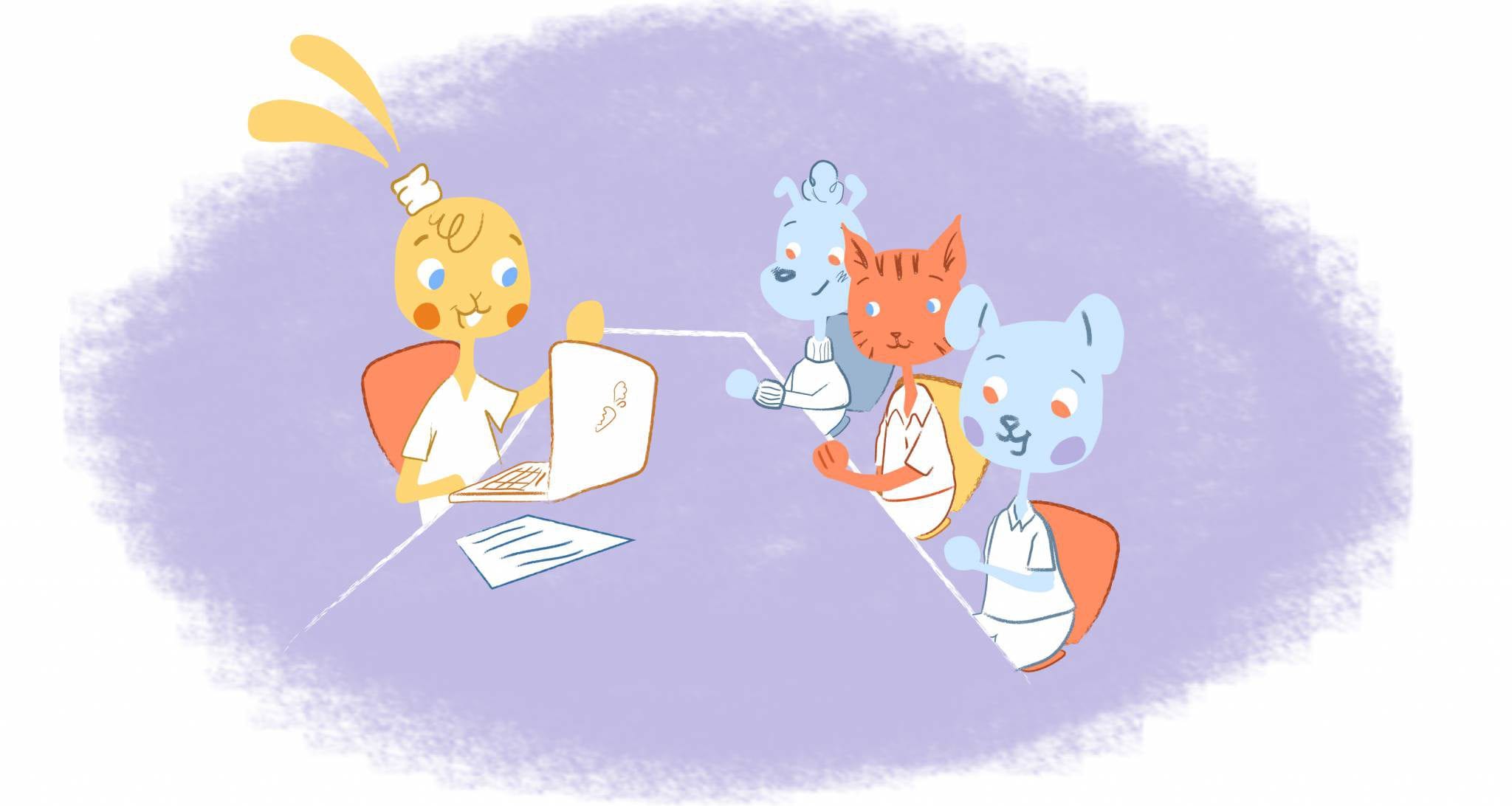

Is it possible to choose happiness? In most cases, happy people know that happiness is a choice that must be made daily.
Happy people don’t care about their circumstances and aren’t looking for happiness in people or stuff. The trick? Rather than following the world’s definition of happiness, we see that the decision to experience happiness has always been there. Positive psychology research reinforces this understanding.
At the same time, it takes more than just being aware that happiness is a choice. Happiness still requires a conscious choice each day. So, how can we experience happiness? By taking a chance on it in the following ways.
1. Wake up on your own terms.
Many of us have alarm clocks programmed for work, school, or and children. Unfortunately, that won’t change. But, that does not mean we should lose control over our mornings.
Start your day with a meaningful, empowering ritual in the morning. If you feel crunched for time, wake up a little earlier. It doesn’t have to be much. Getting up 15 minutes earlier can help you start your day on the right foot. Instead of jumping out of bed and grabbing your phone, try exercising, journaling, or taking a shower.
2. Train your brain to be more positive.
“Our brains are wired to notice and remember the things that are wrong,” explains Melinda Smith, M.A. and Jeanne Segal, Ph.D. “It’s a survival mechanism that helped keep our cave-dwelling ancestors safe in a world with many physical threats.” Today, in a comparatively safe world, we can be prone to stress and unhappiness because of this predisposition to focus on the negative.
You can’t change your nature, but you can train your brain to be positive. “This doesn’t mean putting on a smiley face and whistling a happy tune no matter what’s going on,” they add. “You don’t have to ignore reality or pretend things are wonderful even when they’re not.” But on the other hand, considering good things as much as possible can be a powerful happiness booster.
How can you train your brain to be more positive? Well, start by expressing gratitude.
“Teaching yourself to become more grateful can make a huge difference in your overall happiness,” Smith and Segal state. “The research shows that gratitude helps you experience more positive emotions, decrease depression, feel better about yourself, improve your relationships, and strengthen your immune system.” In addition, research shows that gratitude can even make you smarter about money.
Some suggestions include:
- Keeping a gratitude journal.
- Giving sincere thanks to others.
- Counting your blessings.
- Finding the positive in past adverse events.
3. Rewrite your story.
“Writing about oneself and personal experiences — and then rewriting your story — can lead to behavioral changes and improve happiness,” writes Tara Parker-Pope in The New York Times. It’s already known that expressive writing can improve mood disorders and reduce cancer symptoms.
According to some studies, keeping a journal for 15 minutes daily can boost happiness and well-being. Why? Partly because it assists in expressing emotions, keeping a mindful eye on our circumstances, and resolving inner conflicts. Or you can focus on one challenge you face and write and rewrite your story about that challenge.
“We all have a personal narrative that shapes our view of the world and ourselves,” Parker-Pope adds. “But sometimes our inner voice doesn’t get it right.” When we write and edit our own stories, we can change what we think about ourselves and uncover obstacles to our well-being.
For example, recall a past struggle, like having financial problems. Next, take a different perspective, write with the encouragement you’d give a friend, and write a brand-new story. In this case, “It’s tough to save money, but you can take steps to get in shape.”
“The idea here is getting people to come to terms with who they are, where they want to go,” said James Pennebaker, a psychology professor at the University of Texas. The latter has pioneered much of the research on expressive writing. “I think of expressive writing as a life course correction.”
4. Be a risk taker.
Don’t take the adrenaline junkie, base-jumping type of risks — unless that’s your thing and you can do it safely. But, of course, I’m talking about the risks everyone faces daily. For example, if you’re unfilled at work, you might search for a more promising or turn a passion into a business.
I get it. Taking risks can be uncomfortable. And it may even shake you to the core. But, even small risks boost your confidence. You’ll also have more purpose, fewer regrets, and expands your horizons.
There’s also research that shows risk-takers are happier. For example, a study in Germany with over 20,000 participants showed that people who like taking risks are happier.
However, it may be challenging to interpret the link between risk-taking and satisfaction with life. “It’s a classic chicken and the egg problem,” says German economist Armin Falk, a professor at the University of Bonn and a researcher on the study. “Are people who are satisfied more optimistic because they are satisfied and thus more ready to take risks? Or is someone not afraid of risks, someone who takes their life into their own hands and shapes it the way they want to?”
5. Go for an awe walk.
What’s the definition of awe?
An expert on emotions, psychologist Michelle Shiota of Arizona State University, says the emotion is difficult to define. “But I think that what we are dealing with is a change that happens in our mind — and in our bodies and our feelings — when we encounter something so extraordinary that we can’t explain it.”
What way to experience this emotion? Take an awe walk.
Every day, walk outside for five minutes to shift your focus outward. Make sure your phone is off, or better yet, leave it behind. “Focus your attention on small details of the world around you,” psychologist Piercarlo Valdesolo at Claremont McKenna College suggests. Take notice of the unexpected, the hard to explain, and the enjoyable.
Try finding a crack in the sidewalk where a weed pokes out, psychologist Lisa Feldman Barrett and author of How Emotions Are Made: The Secret Life of the Brain suggests. Then, allow yourself to be awestruck by the power of nature. “Practice that feeling over and over again,” she says. “Practice feeling awe at colorful clouds, an intricate pattern on a flower, or the sight of a full moon.”
6. Get one critical task done.
The happier people are, the more control they have over their lives. Joy doesn’t drive their decisions. In contrast, they operate according to a predetermined level of satisfaction. As a result, their time is limited, worthwhile pursuits need to be accomplished, and contributions to society are significant.
In light of this, pick one critical task each day that you can accomplish daily. And, don’t forget to find joy in what you do.
What if you have a beefy to-do list? Well, remember. Not everything should be a priority. As such, you should identify the most important task of the day. Often, this is one with a deadline or brings you closer to completing a goal.
7. Ditch toxic people to the curb.
There are two significant reasons you should avoid toxic people: health and happiness. Toxic people create toxic environments, and being surrounded by toxicity can cause more harm than you might imagine.
If you want to free yourself from unnecessary stresses and hassles, it would be best to drive out whomever and whatever is pulling you down. It may not seem easy initially, but it will be worth it in the end. Your own battles are already enough to handle—you don’t need someone else’s baggage either.
After you successfully remove these people and their negativity from your life, you will be surprised at how healthy and happy you can become.
And, in the words of Richard Branson, “Surround yourself with people who bring out the best in you.”
8. Take care of your body.
Being healthy is essential to being happy. For your mental, emotional, and spiritual energies to be in proper shape, your physical energy must be in tip-top condition.
Research shows that consistent exercise boosts happiness levels in the short term among clinically depressed people. Moreover, the exercisers had greater self-esteem and self-worth six months later, which reduced the likelihood of relapsing into depression.
9. Say yes to less.
While there are non-negotiables in life, like meeting a deadline, you don’t have to say “yes” to every time request. I know that you don’t want to let others down. But, when you’re calendar is too cluttered, that gives you little time to attend to yourself. And it also holds you back from focusing on your priorities.
In short, if you don’t have the availability or are on the fence, you can, and should, say “no.”
10. Help others.
In addition to anecdotal evidence, scientific research supports the idea that giving is a powerful path to happiness and personal growth. For example, giving activates the same brain regions stimulated by food and sex, as discovered by fMRI technology. “Experiments show evidence that altruism is hardwired in the brain—and it’s pleasurable,” adds Jenny Santi, author of The Giving Way to Happiness: Stories & Science Behind the Life-Changing Power of Giving. “Helping others may just be the secret to living a life that is not only happier but also healthier, wealthier, more productive, and meaningful.”
However, it’s essential to keep in mind that giving does not always feel great, she adds. Alternatively, we may feel depleted and exploited when we give. Using these tips, you can give until it feels great instead of until it hurts:
- The amount we give is not as important as the love we put into it.
- Despite not having the same amount of money, we all have time on our hands that we can dedicate to helping others.
- Donate to organizations whose goals and results are transparent.
- Utilize your skills and interests to meet the needs of others.
- Finally, don’t let guilt or peer pressure drive you to give.
Image Credit: Assan Ouajbir: Pexels; Thank you!











Deanna Ritchie
Editor-in-Chief at Calendar. Former Editor-in-Chief and writer at Startup Grind. Freelance editor at Entrepreneur.com. Deanna loves to help build startups, and guide them to discover the business value of their online content and social media marketing.